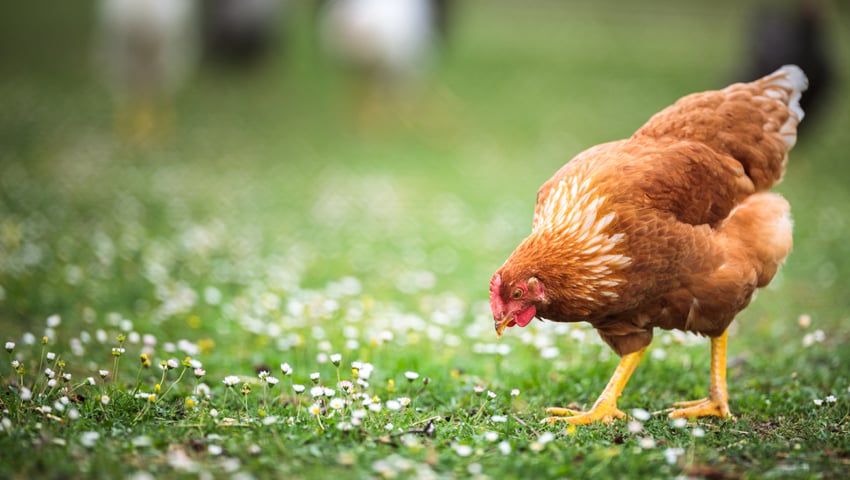A study has revealed that confusion over government guidelines is preventing UK poultry keepers from complying with UK avian flu regulations. The report’s recommendations, along with a new messaging campaign, could help to reduce future cases.
The research by the University of Nottingham has been published in the peer reviewed Heliyon journal and follows the UK’s largest ever Avian Influenza outbreak, which began in 2021. It found that the systems for dealing with the issue tend to be focussed on large commercial poultry flocks and don’t consider small-scale (backyard) poultry keepers who have made up 18% of the recent outbreaks.
Over 1500 poultry keepers volunteered to take part in the study, demonstrating the importance of the issue.
Although 99% of these poultry keepers were aware of High Pathogenicity Avian Influenza (HPAI) regulations, many of them said that government communication has been unclear, with some participants believing that the measures were only achievable for commercial set ups. The research also highlights a failure by Defra and APHA to connect with small-scale keepers; especially those who see their birds as pets.
The research also found that:
- Climate and geography influence the effectiveness of housing measures and small-scale keepers’ ability to comply. Some keepers mentioned taking extreme measures to comply by culling birds when they ran out of enough housing or runs that could stand up to strong winds in certain exposed areas.
- Available space and household characteristics also influence the ability to comply. Common problems included an inability to cover or change existing runs and a lack of advance warning before “flockdown”. This is particularly the case for those keeping ducks and geese who may not have enough indoor space to house them and their access to water.
- Cost is a key barrier for some individual keepers, with some having to spend thousands of pounds to keep their birds housed adequately without compromising animal welfare.
- Participants expressed confusion about the term ‘biosecurity’ and how to use disinfection measures like foot dips.
- Regulations on the recording of vehicles entering the premises, and the movement or sale of poultry and eggs, were viewed as overly bureaucratic and unachievable.
- Vaccination, which is not yet available for birds in the UK, has strong support from Keepers as an alternative to culling and confinement.
